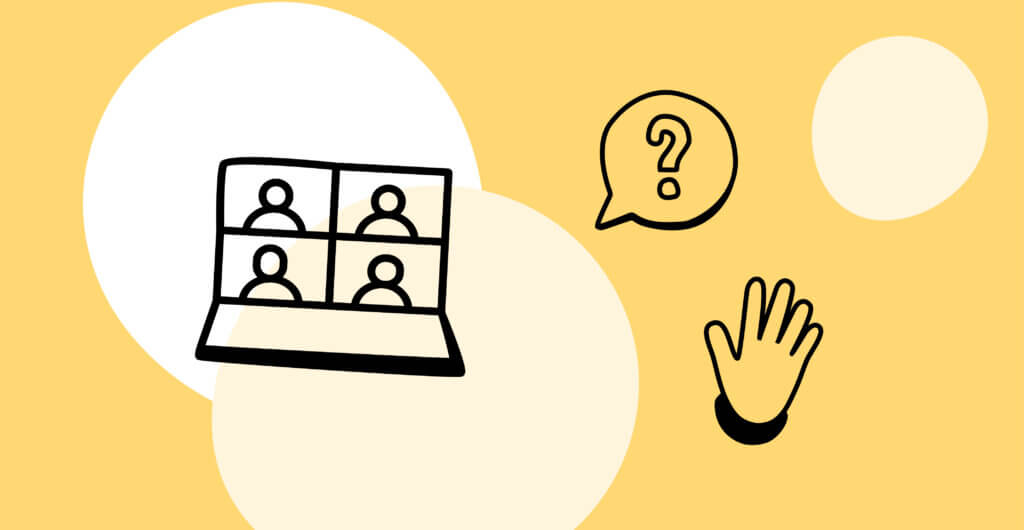Our free guides are your fast track to learning the ropes
Join our list so you never miss out when we update a guide or publish a new one. Plus, you’ll get our popular weekly newsletter, Unstuck. All free!
Free newsletter. Unsubscribe anytime.

135,000+
Subscribers
Browse our most popular guides
Start Your Business

Business Planning
The SPI Beginner’s Guide to Business Fundamentals
Learn how to start a digital business, including how to structure it, raise capital for it, and find the tools that will help you stay on track as you grow.

Email Marketing
Grow Your Audience
How to Start an Email List
An email list is an online entrepreneur’s single most valuable asset. Start your email list from scratch with this step-by-step video tutorial. Even if you already have a list, you’ll find some great tips here.

Digital Marketing
Grow Your Audience
The SPI Beginner’s Guide to Branding
Learn how to create a fresh identity for your business so you can stand out from the crowd. This guide defines branding, identifies common mistakes, and gives you tools to help you start.

Podcasting
Grow Your Audience
The SPI Entrepreneur’s Guide to a Successful Mindset
Many new entrepreneurs underestimate the measure of perseverance required to keep a business running. Learn how to build a mindset that will keep you on track for the long haul.
Get a Bigger Audience

Podcasting
Grow Your Audience
How to Start a Podcast Step-by-Step
Our most popular guide! Learn how to start a podcast: what topic you should choose, what equipment you need, and how to actually record and edit. It’s all here with video tutorials!

Digital Marketing
Grow Your Audience
The SPI Guide to Winning Webinars
Webinars are one of the most powerful ways to build relationships with your audience. We’ll take you through all the steps you need to follow to succeed with your very own webinars.

Editorial and Writing
Grow Your Audience
The SPI Comprehensive Guide to Writing & Publishing Your Book
Learn how to write, edit, publish, and market your book! This guide includes case studies, tool recommendations, and common mistakes to avoid.
Create Income

Affiliate Marketing
Monetization
Affiliate Marketing: A Simple Step-by-Step Guide
Everything you need to know about affiliate marketing: how to get started, methods to choose from, and things to watch out for.

Online Courses
Monetization
How to Create an Online Course: The SPI Essential Guide
Learn how online courses work, how to create them, and how to sell them. This guide is packed with creation and marketing advice to start you out right.

Affiliate Marketing
Monetization
12 Affiliate Marketing Tools to Take Your Business to the Next Level
Want to upgrade the affiliate income potential of your business? This list of 12 affiliate marketing tools features software to help you do just that!

Affiliate Marketing
Monetization
What Is the Amazon Affiliate Program?
Learn how Amazon’s affiliate program can benefit you and your audience, as well as how you can become an Amazon Associate.
Improve Your Emails

Affiliate Marketing
Monetization
Affiliate Marketing: A Simple Step-by-Step Guide
Everything you need to know about affiliate marketing: how to get started, methods to choose from, and things to watch out for.

Online Courses
Monetization
How to Create an Online Course: The SPI Essential Guide
Learn how online courses work, how to create them, and how to sell them. This guide is packed with creation and marketing advice to start you out right.

Email Marketing
Monetization
What Is Email Marketing + Best Practices: An SPI How-to Guide
Our in-depth guide on what email marketing is, why it’s important, and how to go about it in the smartest way possible.

Affiliate Marketing
Monetization
16 Best Email Marketing Services: Which Should You Pick?
Learn about services that will support your email marketing efforts, including our recommendation for the best of the best.

Get Unstuck in just 5 minutes, for free
Our weekly Unstuck newsletter helps online entrepreneurs break through mental blocks, blind spots, and skill gaps. It’s the best 5-minute read you’ll find in your inbox.
Free newsletter. Unsubscribe anytime.

Join 135k+
Subscribers
